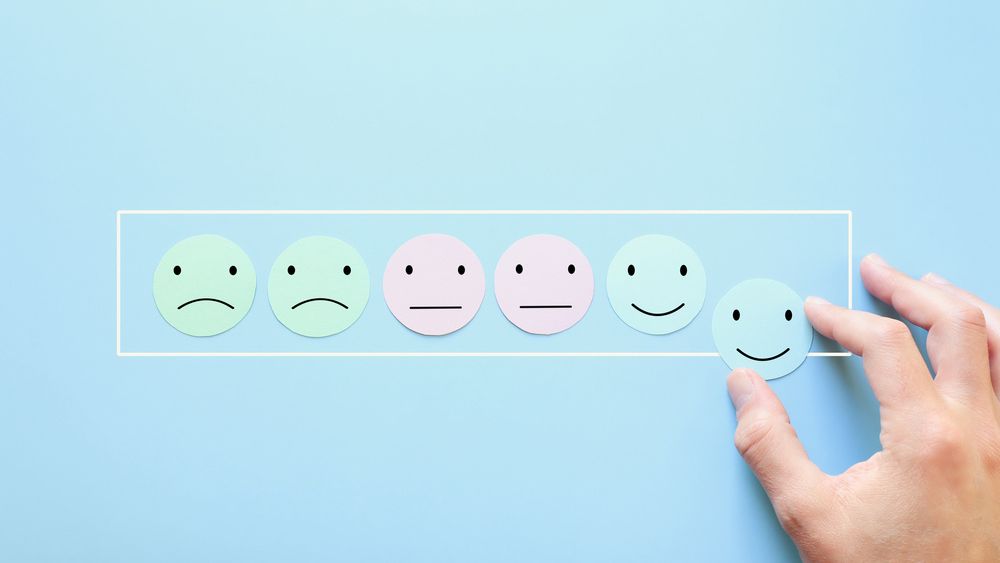INTRODUCTION:
Mental health is an integral part of overall well-being, yet it often remains shrouded in stigma, misunderstanding, and silence. While physical health issues are widely accepted and treated with understanding, mental health problems often face resistance, whether due to societal stigma, cultural taboos, or personal discomfort. In this article, we explore the importance of mental health, the consequences of stigma, and the critical need to seek support in order to break the cycle of silence and shame.

Understanding Mental Health and Its Importance
Mental health refers to our emotional, psychological, and social well-being, affecting how we think, feel, and act. It influences how we handle stress, relate to others, and make choices in life. Mental health is essential at every stage of life—from childhood and adolescence through adulthood.
Common mental health challenges, such as depression, anxiety, and stress-related disorders, are more widespread than most people realize. According to the World Health Organization (WHO), mental health conditions affect one in four people globally at some point in their lives. Despite these alarming statistics, many individuals still struggle to seek help or openly discuss mental health, due to the lingering stigma attached to it.
The Stigma Surrounding Mental Health
Mental health stigma can be defined as negative attitudes, beliefs, and perceptions toward individuals with mental health issues. This stigma can manifest in a variety of ways, from self-stigma—where individuals internalize negative societal views of mental illness—to external stigma, where people are marginalized or discriminated against due to their mental health status.
The stigma surrounding mental health often stems from cultural norms, media portrayals, and a general lack of understanding. For example, society may view those with mental health challenges as "weak" or "unstable," and this negative labeling can discourage individuals from seeking support. In some cultures, mental illness may even be viewed as a personal failure or something to be ashamed of, further isolating those who need help.
Unfortunately, this stigma can have severe consequences. It can prevent individuals from accessing the care they need, contributing to worsening mental health, social withdrawal, and even physical health problems. It can also lead to discrimination at work, in relationships, and in various social settings, making it even more difficult for people to lead fulfilling lives.

Breaking the Stigma: Why It’s Crucial
Breaking the stigma surrounding mental health is a critical step toward ensuring that people feel comfortable seeking the support and treatment they need. When individuals feel accepted and understood, they are more likely to reach out for help, share their struggles, and receive effective care.
There is growing recognition of mental health as an essential part of overall health. Public figures, mental health advocates, and healthcare professionals are speaking out to raise awareness and normalize conversations about mental well-being. Initiatives like mental health awareness months and campaigns focusing on "It's okay to not be okay" are slowly helping to shift perceptions.
Education is key in breaking the stigma. When people understand mental health issues better, they are less likely to make snap judgments. Sharing personal stories, educating communities, and offering resources can change attitudes and create a more supportive environment for those struggling with mental health challenges.
The Importance of Seeking Support
Seeking help is one of the most important steps in maintaining good mental health. Mental health issues, like physical illnesses, can be managed, treated, and even prevented with the right support. However, just as with physical health, ignoring mental health concerns can lead to more severe problems.
There are several ways to seek support for mental health:
-
Therapy and Counseling: Mental health professionals, such as psychologists, therapists, and counselors, can help individuals cope with mental health issues through various techniques like cognitive-behavioral therapy (CBT), dialectical behavior therapy (DBT), and more.
-
Support Groups: Joining a support group for individuals facing similar struggles can help reduce isolation and provide encouragement and insight from others who understand firsthand.
-
Medication: For certain conditions, such as depression or anxiety disorders, medication prescribed by a doctor can help manage symptoms and improve quality of life.
-
Self-Care Practices: Regular exercise, mindfulness meditation, journaling, and a healthy diet are proven ways to support mental health and reduce symptoms of stress, anxiety, and depression.
-
Social Support: Having a network of friends, family, or colleagues to talk to can make a significant difference in emotional well-being. Social connection is a powerful tool in managing stress and overcoming personal challenges.

Self-Help and Reducing the Internalized Stigma
In addition to external support, it's important to focus on reducing self-stigma. Many people with mental health issues struggle with feelings of guilt, shame, and inadequacy, which can prevent them from seeking help. To break this internalized stigma, individuals can:
-
Acknowledge that mental health is just as important as physical health: Understanding that mental health conditions are legitimate and treatable illnesses, just like physical ailments, can help reduce the shame that comes with them.
-
Challenge negative thoughts: Identifying and confronting self-critical thoughts can help individuals shift their mindset and encourage self-compassion.
-
Set small goals: Taking small, actionable steps toward improving mental health, such as scheduling therapy or reaching out to a trusted friend, can be empowering and help overcome fear or shame.

Creating a Culture of Acceptance and Support
In order to break the stigma and encourage people to seek support, society as a whole needs to foster a culture of acceptance and understanding. Workplaces, schools, and communities should prioritize mental health by offering resources, promoting open dialogues, and encouraging individuals to care for their mental well-being as much as their physical health.
Employers can provide mental health days, access to counseling services, and create an environment where mental health discussions are normalized. Schools can integrate mental health education into their curricula, teaching students the importance of emotional well-being and the resources available to them. Communities can hold events, workshops, and awareness campaigns to help individuals understand mental health issues and how to get help.


You must be logged in to post a comment.